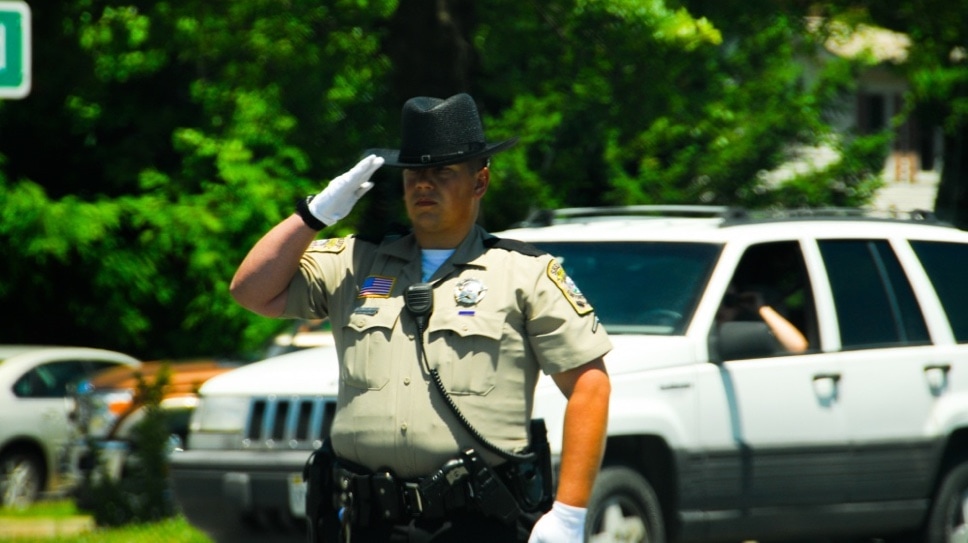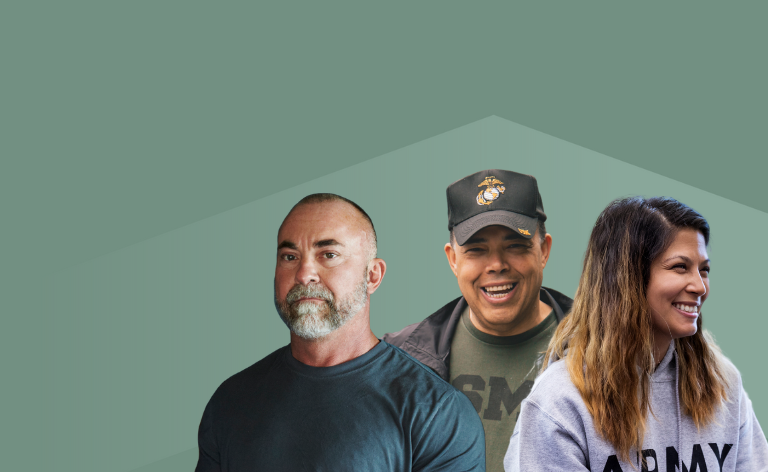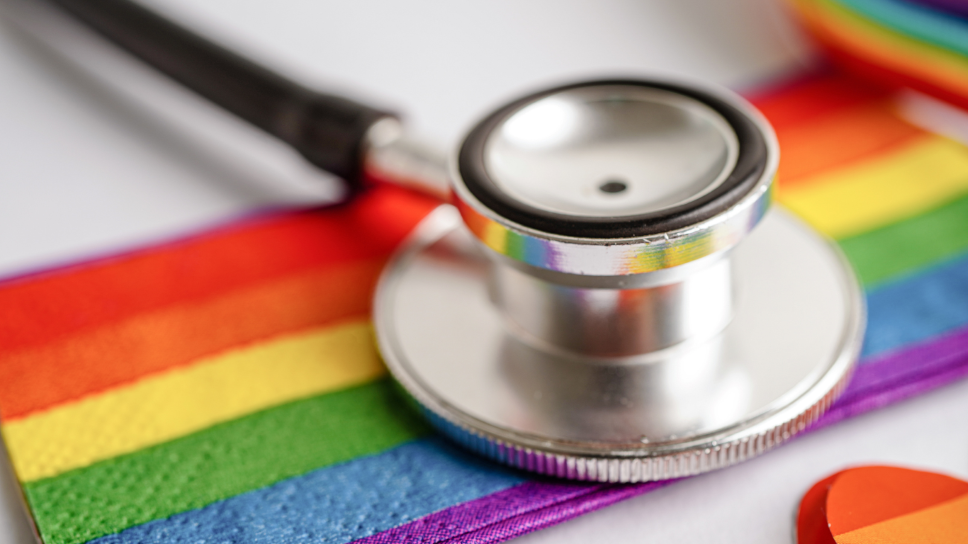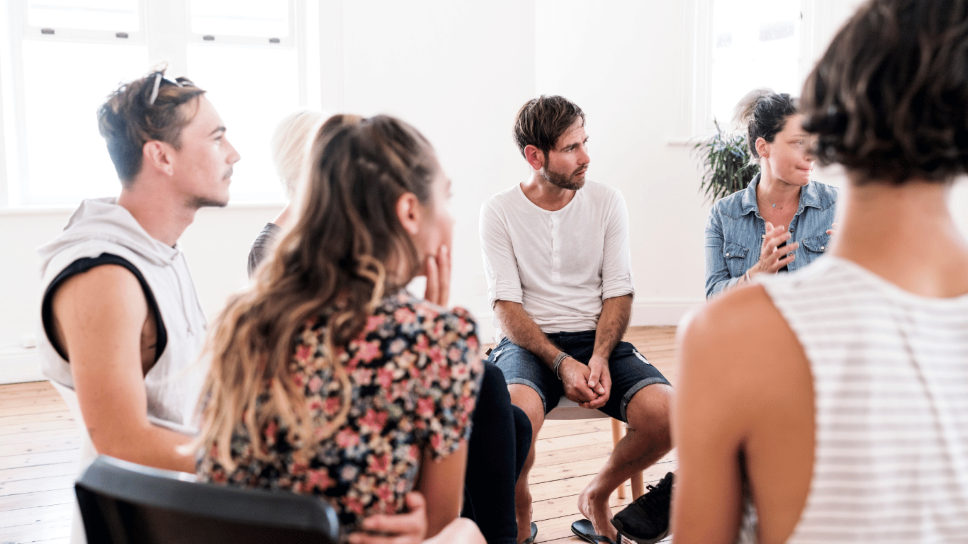Survivor’s guilt is a difficult emotion to overcome for first responders. They often struggle to deal with the emotional piece of realizing someone they tried to save is injured or did not survive and they couldn’t save them. Sometimes with the best intentions, they cannot save their lives, even if they are there when they take their last breath.
The guilt of being alive after someone has died can create a sense of failure and loss of purpose, or drive someone to use substances as a means of coping. Learning to deal with survivor guilt and shame in a healthy way can help bring some healing and positive feelings to a first responder’s work and personal life.
Coping When it Hurts
Talking about feelings with someone about work is healthy for first responders. Most importantly, they have someone to talk to about what they see every day and how to process it in a healthy way. A therapist can encourage, support, and motivate someone to work through irrational thoughts and learn to accept these as part of their work. They may also address any mental health issues like anxiety or depression that are starting.
Counseling first responders experiencing survivor’s guilt means thinking of something positive to do in the present rather than focus on the negative. Some healthy ways to cope with survivor’s guilt are to work out, volunteer, or find a hobby like music and art to work through those feelings.
Symptoms of Survivor’s Guilt
Survivor’s guilt can show up in a person’s physical and emotional space. They may have guilt about surviving an experience others did not. This is true for many in the 9/11 attacks who lost people they worked with or even experienced guilt in spite of their not being there that day. Other times, first responders may experience a traumatic event or feel traumatized by what they did not do to help someone, even if nothing else could have been done (or done differently). Symptoms of this may include:
- Flashbacks to the event or experience
- Ruminating on the event
- Feeling hopeless and helpless
- Irritability
- Anger
- Sleep issues
- Headaches
- Physical pain with no cause
- Social isolation
The world may not feel safe, equitable, or fair. First responders may not understand how to navigate their work in the same way because they feel triggered by similar situations. This can keep them from responding quickly and efficiently on the job.
Learning to Cope
Family, friends, and co-workers can support first responders who deal with survivor’s guilt. Ultimately, they will need therapy and some healing work to handle emotional guilt. People with survivor’s guilt can recover and ameliorate some symptoms of PTSD if they work at it. Others may struggle with some triggers and need continued support or medication but will find they can continue working and help others in spite of the challenges. Here are some tips to finding ways of coping in a healthy way.
Accept the Situation
There is nothing now to be done about what happened. Recognizing it as trauma is a good first step. Then, comes the process of looking at guilt, grief, and loss that come with traumatic events. Honor the fact they happened. If they are overwhelming, it is important to seek help. Don’t let the feelings take the reins of control away from a situation and result in feeling powerless to change.
Stay Connected
Share thoughts and feelings with other colleagues and family. If loved ones cannot support those feelings, find a support group. Face-to-face and online community support groups provide space for survivors to connect, express themselves, and ask questions. It is important to find a group of people who understand and will help a person find healing through connection with others.
Try Mindfulness
One of the best ways to work through mental and physical trauma is mindfulness. It helps quiet the mind and body to rest in the present moment. Grounding techniques like breathwork, feeling close to the earth, and even putting hands and feet in the earth (gardening, yoga, walking meditation) are great ways to center the body and mind outside the experience.
Take Good Care
Self-care is important for everyone, especially first responders. Survivors can benefit from doing things that help them stay grounded and feel good about themselves. With headaches or issues with their eyes, it might be hard to focus. Taking baths, meditating, and journaling can be helpful. Listening to soothing music, aromatherapy, and essential oils are all part of that experience, also. Self-care is anything that helps a first responder feel more at ease and comfortable.
This may also include seeking professional help for mental health concerns or substance use issues that arise as a result of dealing with survivor’s guilt. There are a lot of ways to seek help but also finding time with loved ones who encourage and support a person’s journey can be healing. There is no way to ensure it doesn’t happen again because it is likely to be a process of learning to cope better with what happens on the job as opposed to trying to stop it from happening.
When a person has better coping skills, they are less likely to feel guilt. With the right help and tools, they likely can find healing to move forward in a healthy way.
Forge is a place to come and recover your life from addiction. We help you reimagine what is possible and create the life you’ve been dreaming of.
Call us today: 1-888-224-7312



